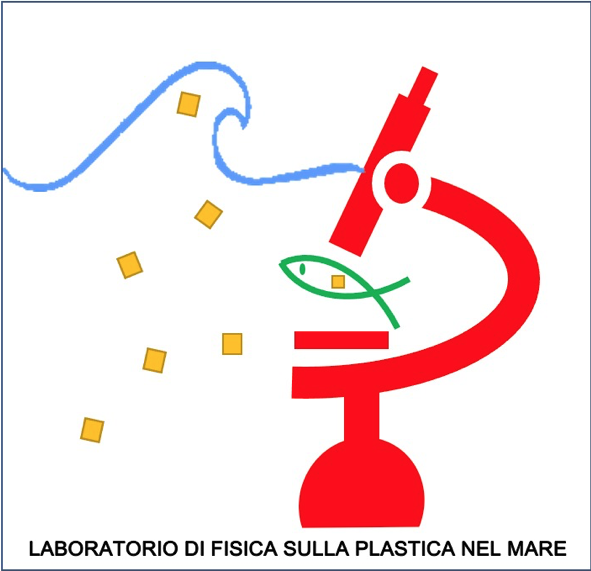La plastica dispersa in mare si degrada in microplastiche che sono una delle più pericolose fonti di inquinamento per la flora e la fauna marina. Il nostro laboratorio di fisica prevede sia attività divulgative in cui saranno illustrate le tecniche spettroscopiche utilizzate per l’identificazione delle microplastiche, sia attività dimostrative mirate per le diverse fasce di età. I più piccoli (6-10 anni) impareranno a differenziare in base alla densità le plastiche reperibili in oggetti di uso quotidiano; i ragazzi (11-15 anni) osserveranno al microscopio ottico le microplastiche rinvenute nel tratto digerente di alcuni pesci e quelle che essi stessi estrarranno in campioni di cosmetici; i più grandi (16+) riprodurranno un esperimento per la rimozione della microplastica da campioni d’acqua utilizzando magneti e ferro-fluidi.

